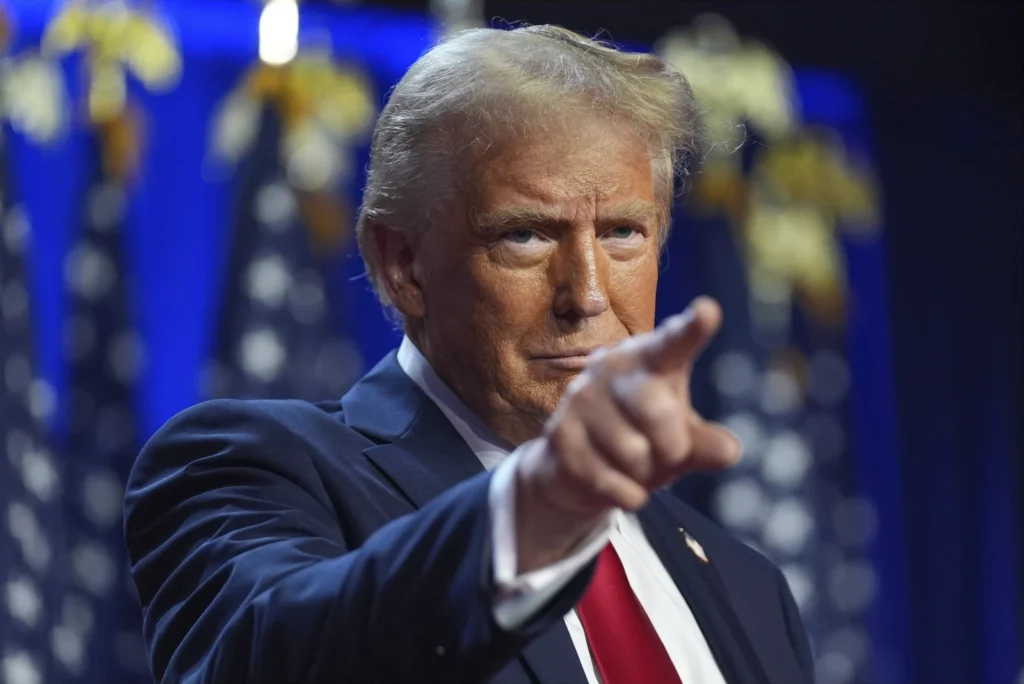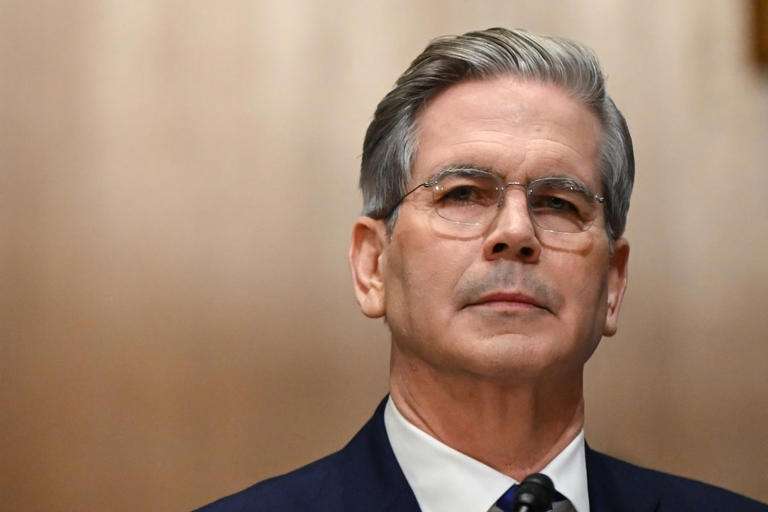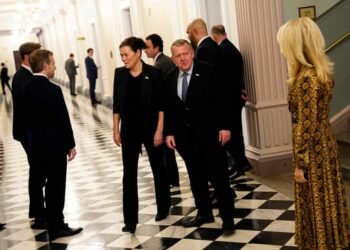United States President, Donald Trump has held back from imposing a 50 percent tariff on imports from the EU, which he announced on Friday would be imposed on June 1, 2025.
Trump said that he has agreed to extend trade negotiations with the EU to July 9 following a call with European Commission President, Ursula von der Leyen.
The announcement is the latest U-turn on US trade policy in a long series in recent months, and will only add to the uncertainty that Trump’s erratic and unpredictable policy is casting over the global economy.

“[von der Leyen] said she wants to get down to serious negotiation. We had a very nice call. She said we will rapidly get together and see if we can work something out.”
Donald Trump
The European Commission Chief noted that she had shared a “good call” with Trump and that the EU was ready to move swiftly.
Authorities in Brussels and Washington have been negotiating to avoid a trade war sparked by Trump’s April announcement that he would slap tariffs on most of the US’ trading partners.

Trump threatened a 20% tariff on most EU goods, before halving it to 10% with a deadline of July 8.
Trump set a 90-day window for trade negotiations with the EU in April, making them due to end on July 9, 2025.
However, on Friday, Trump said that he would impose a 50% tariff on the EU from June 1 because trade talks with the bloc were “going nowhere.”
He stated that he was not interested in reaching an agreement at all and escalated the transatlantic trade dispute. He added, “I’m not looking for a deal. We’ve set the deal – it’s at 50 percent.”
Nonetheless, he welcomed von der Leyen’s assertion that the bloc is willing to negotiate but needs more time.

The European Commission President said that Europe is ready to advance talks “swiftly and decisively.” She added, “To reach a good deal, we would need the time until July 9.”
Now, Trump has agreed to an “extension” to the original July deadline announced last month.
The bloc, which Trump has repeatedly accused of having “taken advantage” of the US, has been hit with three rounds of tariffs: a 25% tax on imports of steel and aluminum and cars, a 20% “reciprocal” tariff on all imports, which has been lifted while trade talks are ongoing.
A “universal” baseline 10% tariff, however, remains in place. The EU, for its part, has said it will tax US goods in response.
US Urged To Show Mutual Respect, Not Threats
Meanwhile, Maros Sefcovic, the EU’s Trade Commissioner, said that Brussels is “committed” to reaching an agreement but insisted that the transatlantic relationship be based on “mutual respect” instead of “threats.”
On Sunday, Germany’s Finance Minister, Lars Klingbeil said that he was hoping for “serious negotiations” with the White House but urged against “further provocations.”
He added that he had discussed the issue with his American counterpart, Scott Bessent.

Klingbeil also pointed out this weekend that Trump’s tariffs don’t help anyone, and endanger the US economy “just as much as the German and European” economies.
Trump roiled financial markets with his Liberation Day announcement in April, which threatened sweeping tariffs on multiple countries.
However, amid nosediving markets, threats of retaliation, and turmoil across the globe, the US president has in many cases softened his stance in favour of negotiations.
Washington has made deals with the United Kingdom and opened talks with China.
Those moves have buoyed markets somewhat, but uncertainty persists as the US stance continues to shift.
READ ALSO: Uncertainty Looms Over Gaza Humanitarian Foundation’s Operation























